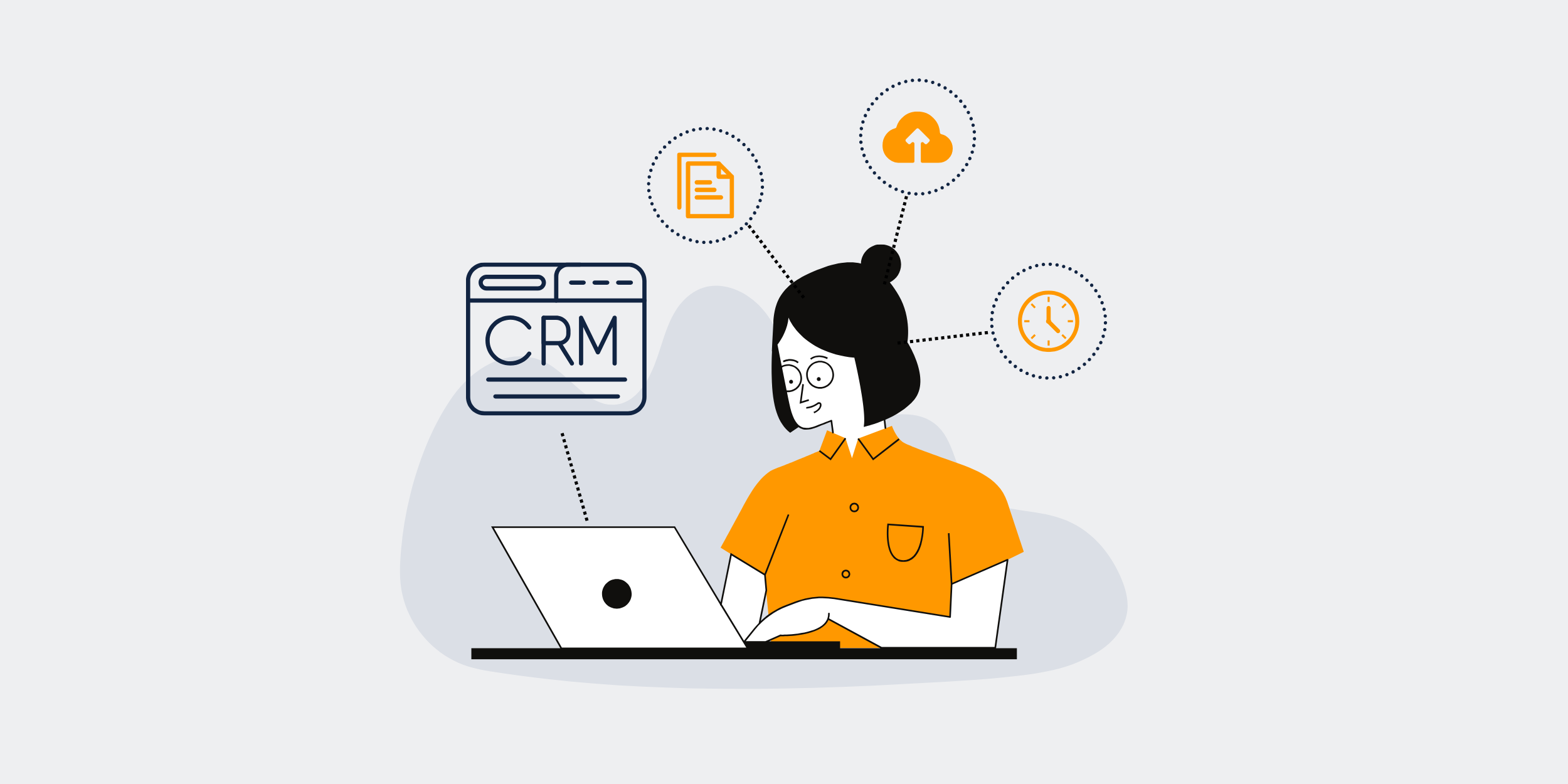Essential Backup Strategies for Businesses Using Keap CRM

| Why Keap Businesses Need a Reliable Backup Strategy |
|---|
|
** Why Keap Businesses Need a Reliable Backup Strategy** ** Introduction** In today’s digital age, data is the lifeblood of any business, including those using Keap for customer relationship management. Imagine waking up one day to find out that all your client information and business data have vanished into thin air. Sounds like a nightmare, right? That’s why having a solid backup strategy is more than just important – it’s essential. ** What is a Backup Strategy?** ** Understanding the Basics** A backup strategy is like a safety net for your data. It involves creating copies of your digital information so you can restore it if something goes awry. Whether it’s a result of natural disasters, technical failures, or cyber threats, having backups ensures you won’t be left high and dry. ** Different Types of Backup** You’ve got several flavors to choose from when it comes to backups. There’s the full backup, which is like taking a snapshot of everything. Then, you’ve got differential backups that only capture changes made since the last full backup, and incremental backups, which save changes since the last incremental one. Each method has its pros and cons, and choosing the right mix is key. ** Why Keap Businesses Specifically Need Backup** ** Data Integrity and Security** For Keap users, maintaining data integrity is crucial. Keap handles an array of data including customer interactions, sales updates, and marketing campaigns. A glitch or breach could lead to horrendous chaos. Regular backups ensure you have a lifeline to return to normality. ** Compliance with Legal Obligations** Depending on where your business operates, there might be strict laws governing data protection – think GDPR in Europe or CCPA in California. Regular backups help you stay on the right side of the law, avoiding hefty fines and reputational damage. ** Risks of Not Having a Backup Strategy** ** Data Loss Nightmares** Without backups, data loss is not just a possibility – it’s a probability. From simple human errors to complex server failures, there’s always a risk lurking around the corner. And let’s not even start with cyberattacks! ** Business Downtime** Picture this: a major data loss occurs and your business comes to a grinding halt. Without access to essential customer information and operational data, productivity takes a nosedive, and the losses? They just keep piling up. ** Developing a Reliable Backup Plan** ** Setting Clear Objectives** First things first, know what you’re aiming to protect. Identify critical data and determine how often it changes. This will guide your backup frequency and help tailor your strategy to meet specific business needs. ** Choosing the Right Backup Tools** Not all backup tools are created equal. Whether it’s cloud-based solutions like Google Drive or Dropbox, or enterprise-specific options like Veeam, choose tools that align with your storage and accessibility needs. ** Implementing Your Backup Strategy** ** Regular Testing and Updates** Deploying a backup strategy isn’t a set-it-and-forget-it task. It requires regular testing and updates to ensure effectiveness. Think of it like doing fire drills but for your data. ** Automate Where Possible** Automation is your friend. Set up automatic backups to safeguard against forgetfulness. This not only saves time but also ensures consistency in your data protection efforts. ** Best Practices for Backing Up Keap Data** ** The 3-2-1 Backup Rule** This classic rule advises having three copies of your data – the original data, one backup on-site, and another off-site. It’s like having insurance for your insurance! ** Encryption is Key** Data encryption transforms your data into a secure format before backup. This extra layer of protection means that if the backup is compromised, your data remains unintelligible to unauthorized eyes. ** Conclusion** In the realm of Keap businesses, a robust backup strategy isn’t just an operational choice – it’s a necessity. It shields against unforeseen circumstances and provides a safety net that can save your business from catastrophe. So don’t wait until it’s too late; start prioritizing your data backup strategy today. ** FAQs** ** 1. How often should I back up my data?** It depends on how frequently your data changes. For most businesses, daily backups are a good starting point. However, mission-critical data might require more frequent backups. ** 2. Are cloud backups reliable?** Yes, cloud backups are generally reliable and offer the benefits of accessibility and off-site protection, which are crucial for disaster recovery. ** 3. What is the best backup solution for small businesses?** For small businesses, a combination of local and cloud backups usually offers a good balance. Services like Google Drive or Dropbox are cost-effective and user-friendly. ** 4. Can I back up my data manually?** While manual backups are possible, they are time-consuming and prone to human error. Automated backups ensure better consistency and reliability. ** 5. Is encryption necessary for backup data?** Yes, encryption is vital. It protects your data against unauthorized access, ensuring that even if your backup is compromised, your data remains secure. |
Get started with CRM-Backup today! Choose your plan now.
